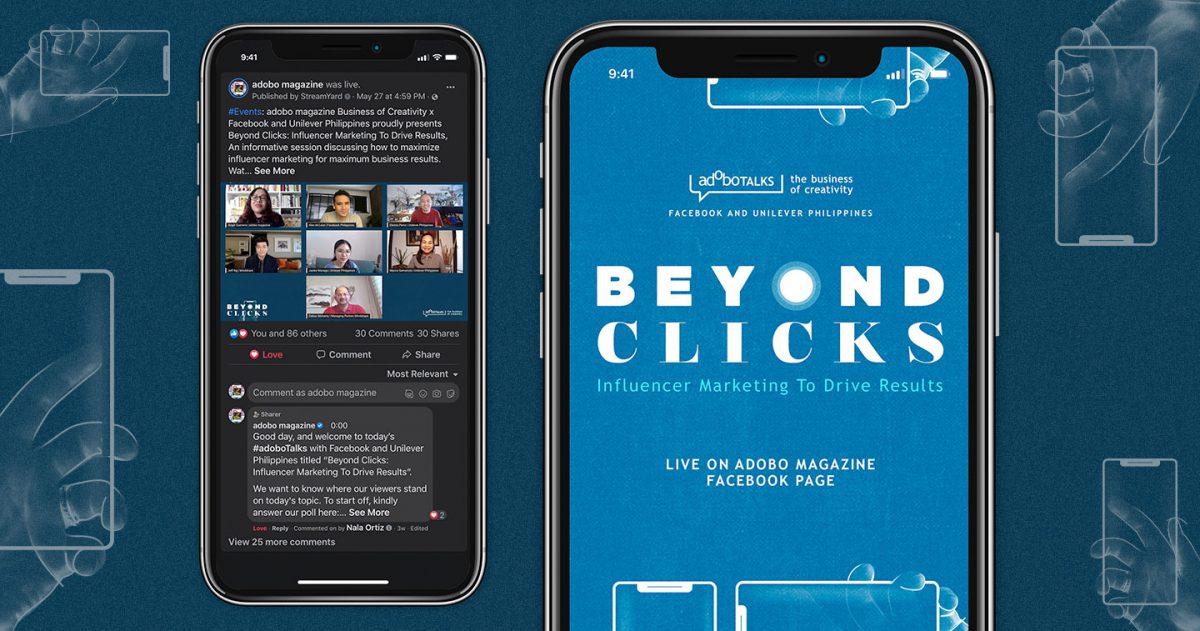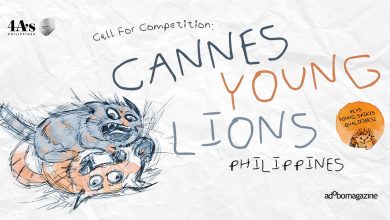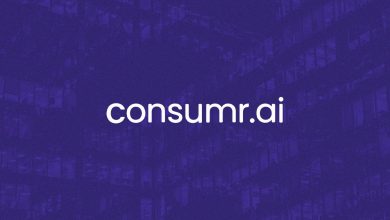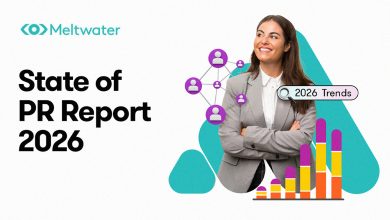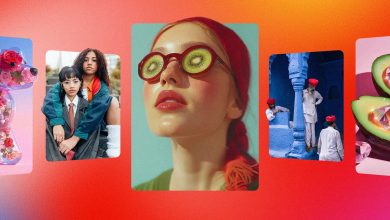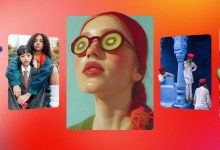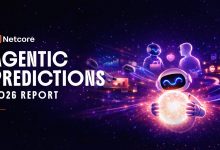MANILA, PHILIPPINES — On May 27, adobo Magazine, in partnership with Facebook, hosted Beyond Clicks, a virtual roundtable discussion wherein industry experts weighed in on the current state of influencer marketing, and how brands could work with them to yield real-world business results.
The event was hosted by adobo owner, founder and editor-in-chief Angel Guerrero, who initiated a quick poll at the top of the program, revealing that 100% of the audience followed influencers, with 81% admitting that they had paid for products and/or services they’d seen featured.
Angel was joined by Instagram Product Marketing Manager for Asia-Pacific Alex De Leon, representing Facebook, while client-side was Unilever Philippines, Media Director & E-Commerce Lead SEA Dennis Perez, Unilever Country Media Manager Macce Samarista, and Unilever Digital Commerce Manager Jackie Manago-Nepomuceno. Lending their expertise from the media agency perspective was Mindshare’s Digital Director Jeff Ng, and Managing Partner Deboo Mohanty.
Beginning the discussion, De Leon opened up on how influencer marketing had grown from a $10-billion industry in 2020 to a (projected) $15 billion dollar industry in the space of a year, with Instagram emerging as the platform of choice for both brands and creators. That being said, Facebook initiated a study that found, by the time consumers make their way to IG, they’re already in a “commerce state of mind”.
“What we’ve seen is that, around the world, brands are taking full advantage of influencer marketing,” said De Leon. “Almost 90% say that they believe that influencer marketing is an incredibly effective form of marketing, yet less than 20% have any real understanding of how to measure the full impact and ROI of the influence of (such) marketing campaigns, and that’s a staggering difference. Almost everyone believes that it works. But no one really knows how to measure it. They don’t know why it works.”
Thus Facebook worked with Unilever and Mindshare to hack 2 of its existing advertising solutions to create 1 that would address the industry need. Facebook “Branded Content Ads” allows marketers to promote their partner influencers’ post as an ad, and optimize its delivery based on the business objective that matters most – awareness, reach, video views and even conversions. “Collaborative Ads” is Facebook’s ad solution to drive traffic and sales on e-retailer sites.
When Facebook, Unilever, and Mindshare worked together to combine these 2, the result was a supercharged solution that allows marketers to attribute conversions and purchases made on e-retailers from influencers’ posts. You can see conversion rate and return on advertising spend on a per influencer post, which was not possible before.
“It’s something that we started here in the Philippines, it’s a Filipino originated solution that we’ve scaled all throughout the world,” said De Leon. “It’s a really great example of Pinoy ingenuity.”
Through Branded Content Ads, marketers now have the best of both worlds in maximizing an influencer’s content, without being restricted to the influencer’s organic reach. Combined with FB’s analytic tools, brands could now identify the right audience, measure the resultant business response, and, perhaps most importantly, recognize which pieces of content were most effective for the given objective(s).
As per Perez, the increased emphasis on making more efficient use of digital was one derived from necessity; with the world essentially under lockdown due to the pandemic, Unilever had to be more creative in reaching their target audience. While the jury’s still out on an industry standard for influencer marketing and relevant metrics, Perez stressed that Facebook’s new tools enabled brands to not only plan how much to spend on influencers, but whether or not said investment was actually beneficial to the brands in question.
With Facebook providing the platform, the metrics, and the means to leverage both to meet a brand’s specific needs, it falls to the media agency to coordinate with the influencers, manage their output, and optimize the content for maximum effectiveness.
“I personally didn’t think I would see the day when influencer marketing and commerce were discussed in the same breath,” said Ng, adding, “actual influence can now be seen and measured…once the campaign is up and running, the team can then constantly optimize it almost in real time, to make sure that we deliver against our KPIs. And I think that’s where the importance of end-to-end measurement becomes more apparent. The metrics that are not available in our dashboard, allow us to react, adjust and even prioritize influencers based on actual performance, and that’s a really big help, not just to move the needle for Unilever, but for us to ensure that, as an agency, we operate efficiently.”
Perez praised Facebook’s working relationship with Unilever and Mindshare as an example of how a brand, media agency, and platform could get the best out of each other, with all sides learning from the other, in addition to pushing each to new levels of creativity.
For more insights on influencer marketing, and how Facebook Branded Content Ads can help your business, you can view the entire Beyond Clicks learning session here.

